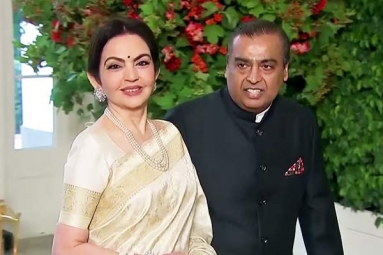
(Image source from: Deccan Chronicle)
The Indian government is receiving a lot of application from Kerala origin people serving jail term abroad, seeking a transfer to spend the rest of their sentence period in Indian prisons, under the Repatriation of Prisoners Act, 2003.
As per the data revealed by Ministry of Home Affairs, among 43 applications being processed, Kerala has the highest number (12), followed by Punjab (eight), Tamil Nadu (seven) and Andhra Pradesh (six).
Between 2015 and 2018, the government received 65 applications from Indians imprisoned abroad, for transfer. While 14 were transferred to India, 43 applications are being processed.
“Many non-resident Keralites living in the Middle East end up in jail for major and minor offenses. Lack of proper guidance and poor language skills result in their conviction. Whenever we receive a request for repatriation, we forward it to the appropriate authority,” said NORKA-Roots chief executive officer Harikrishnan Namboothiri K.
He said it is the task of the Ministry of Home Affairs and Ministry of External Affairs to take up the application with the country where the person is serving the jail term. An MEA report presented in the Parliament exactly a year ago showed that 7,850 Indians are lodged in the prisons of 78 countries.
A majority of the sentenced Keralites are in the United Arab Emirates, Saudi Arabia, Kuwait, the United Kingdom, United States, Canada, Nepal, Sri Lanka, Bangladesh, France, Germany, Indonesia, Myanmar, and Thailand.
“More Keralites are moving abroad, seeking blue and white collar jobs in the Middle East and elsewhere. When you’re an expatriate and work under a different law, it can lead to conflicts with other people and land you jail,” said another officer.
Department of Non-Resident Keralites Affairs estimate shows that more than 48 lakh Keralites are living outside the country. The data released in 2016 by the Kerala State Planning Board showed Malappuram accounted for the highest number of NRKs with 18 percent followed by Thrissur (11).
By Sowmya Sangam







